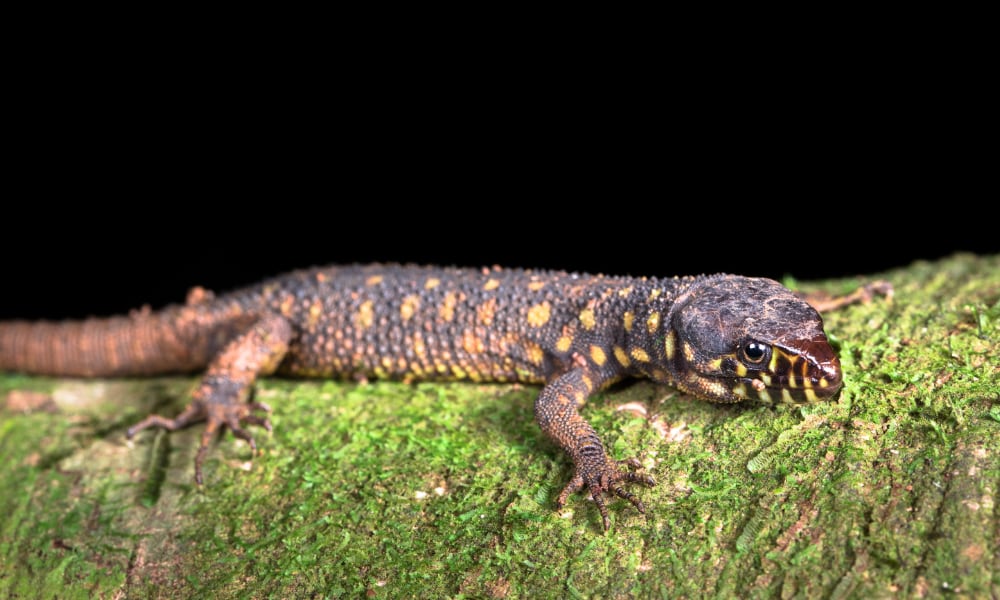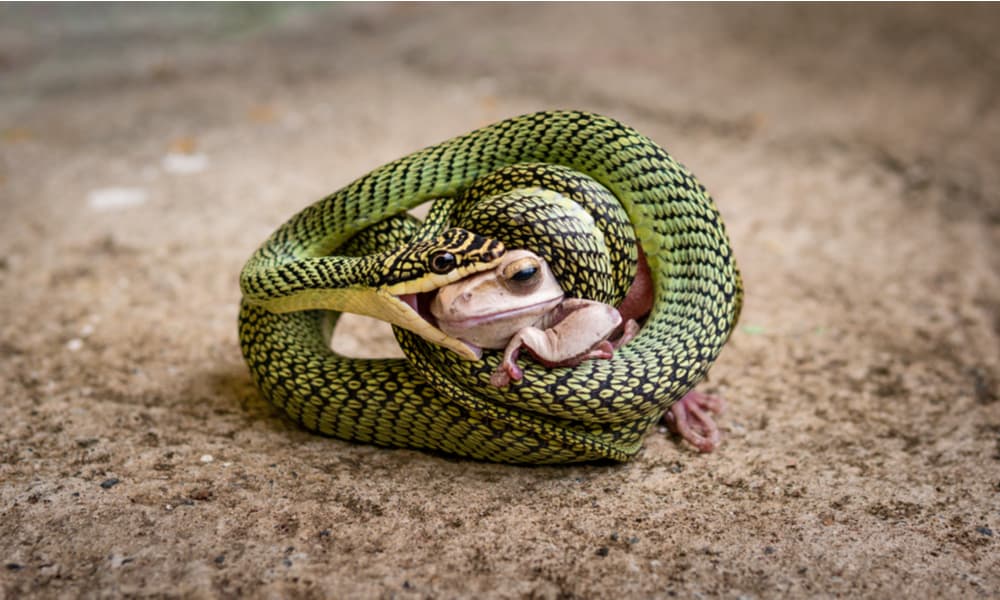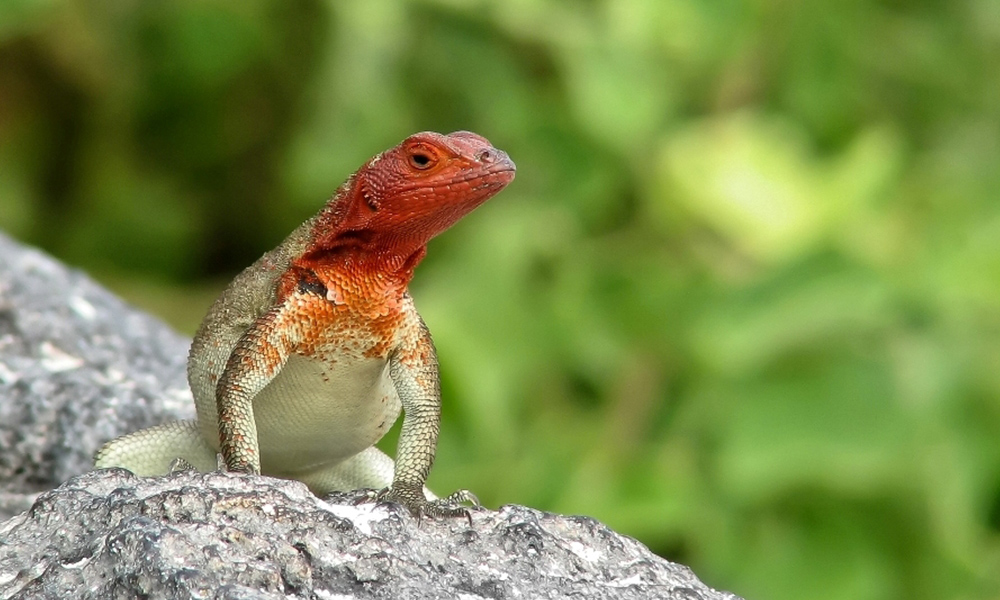Keeping Reptiles: Debunking Common Misconceptions
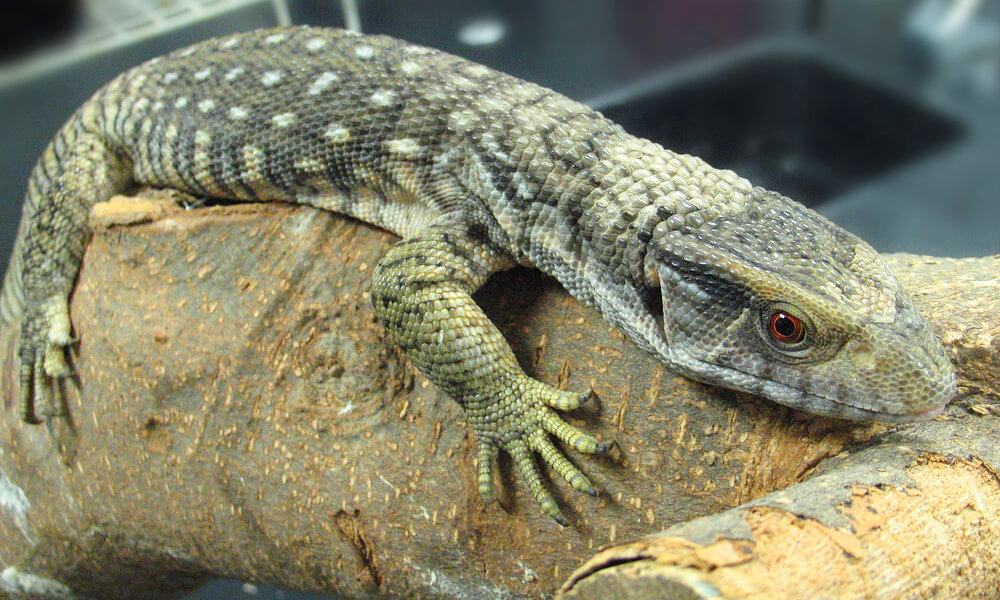
Reptiles are fascinating creatures that have been captivating humans for centuries. Despite their popularity, there are many misconceptions surrounding the care and keeping of reptiles. In this article, we will explore some of the most common misconceptions and debunk them with factual information.
Myth #1: Reptiles are low-maintenance pets
One of the most common misconceptions about reptiles is that they are easy to care for and require minimal attention. While it is true that some species of reptiles are easier to care for than others, all reptiles require specific living conditions and attention to their diet and health. Some reptiles require specialized lighting, heating, and humidity levels, which can be challenging to maintain. Additionally, reptiles can be susceptible to a wide range of health problems that require veterinary care.
Myth #2: Reptiles are dangerous and can transmit diseases

Many people believe that reptiles are dangerous and can transmit diseases to humans. While it is true that some species of reptiles can be dangerous, such as venomous snakes or large monitor lizards, most pet reptiles are not a significant risk to humans. In fact, reptiles are less likely to transmit diseases to humans than other common household pets, such as dogs or cats. However, it is still essential to practice good hygiene when handling reptiles and their enclosures to prevent the spread of bacteria or parasites.
Myth #3: Reptiles are solitary animals that do not require socialization
Reptiles are often thought of as solitary animals that do not require socialization or interaction with their owners. However, many species of reptiles benefit from socialization and interaction with their owners. For example, some snakes enjoy being handled and can become quite tame with regular handling. Socialization can also help to reduce stress and aggression in some reptiles.
Myth #4: Reptiles do not need a varied diet
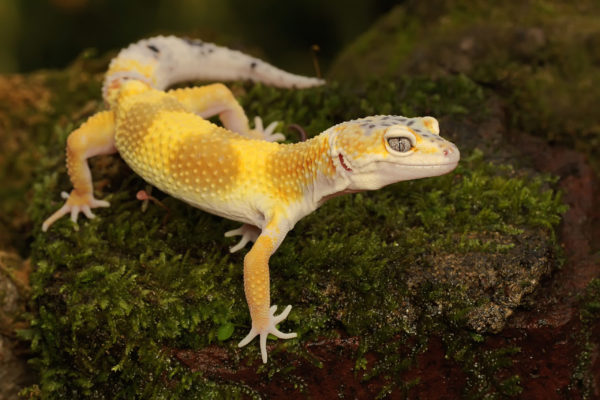
Another common misconception about reptiles is that they do not require a varied diet. While some species of reptiles have specific dietary requirements, such as herbivores or carnivores, all reptiles benefit from a varied diet. Offering a variety of food items can help to ensure that your reptile is receiving all the necessary nutrients and can prevent boredom and dietary deficiencies.
Myth #5: Reptiles do not require veterinary care
Finally, many people believe that reptiles do not require veterinary care. However, like all pets, reptiles can suffer from a wide range of health problems that require veterinary attention. Regular veterinary check-ups can help to detect and treat health problems early, which can improve your reptile’s overall health and longevity.
Reptiles are fascinating pets that can provide years of enjoyment and companionship. However, it is essential to understand the specific needs and requirements of your chosen species of reptile to ensure their health and well-being. By debunking these common misconceptions, we hope to provide a more accurate understanding of the care and keeping of reptiles.


